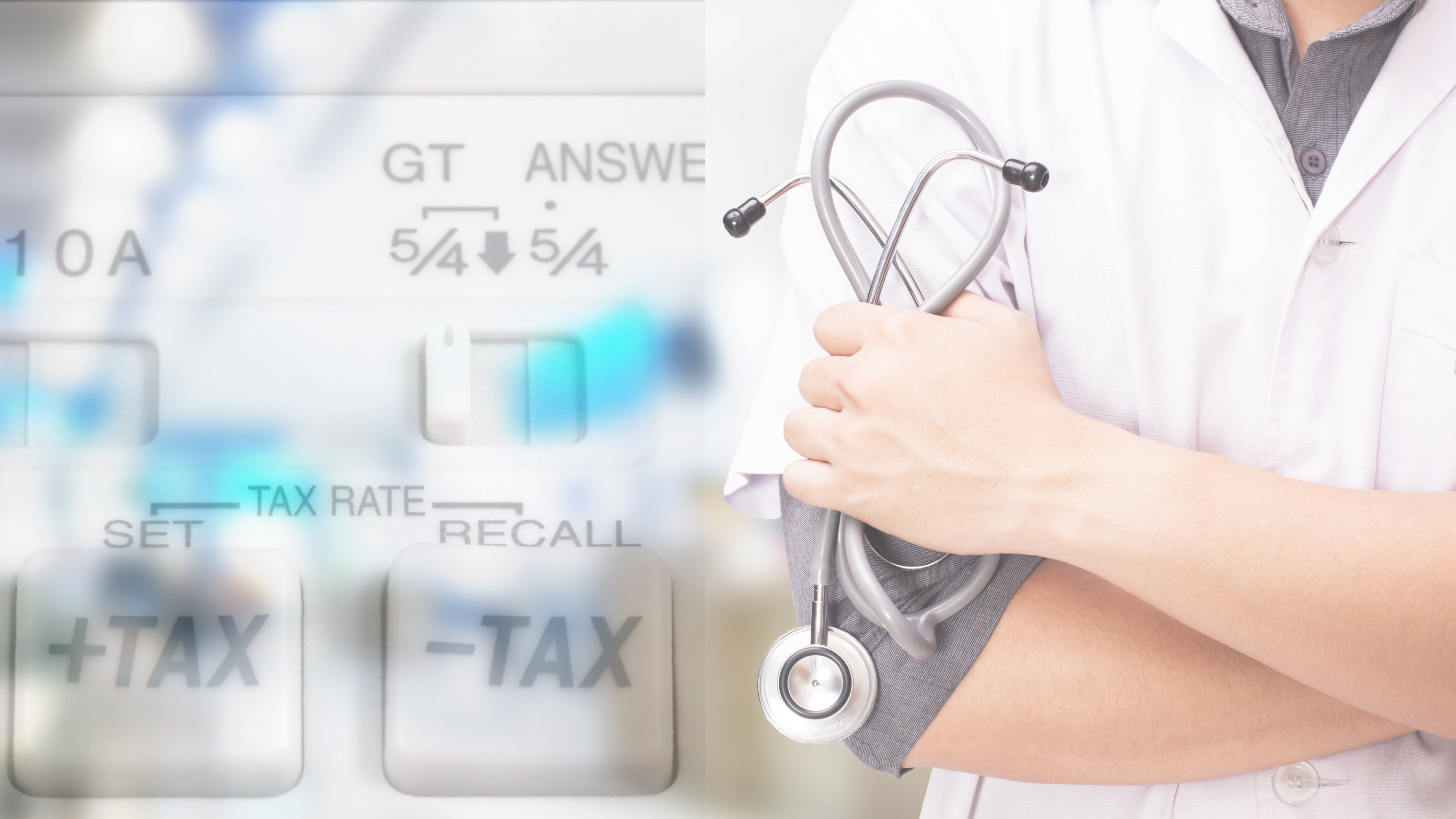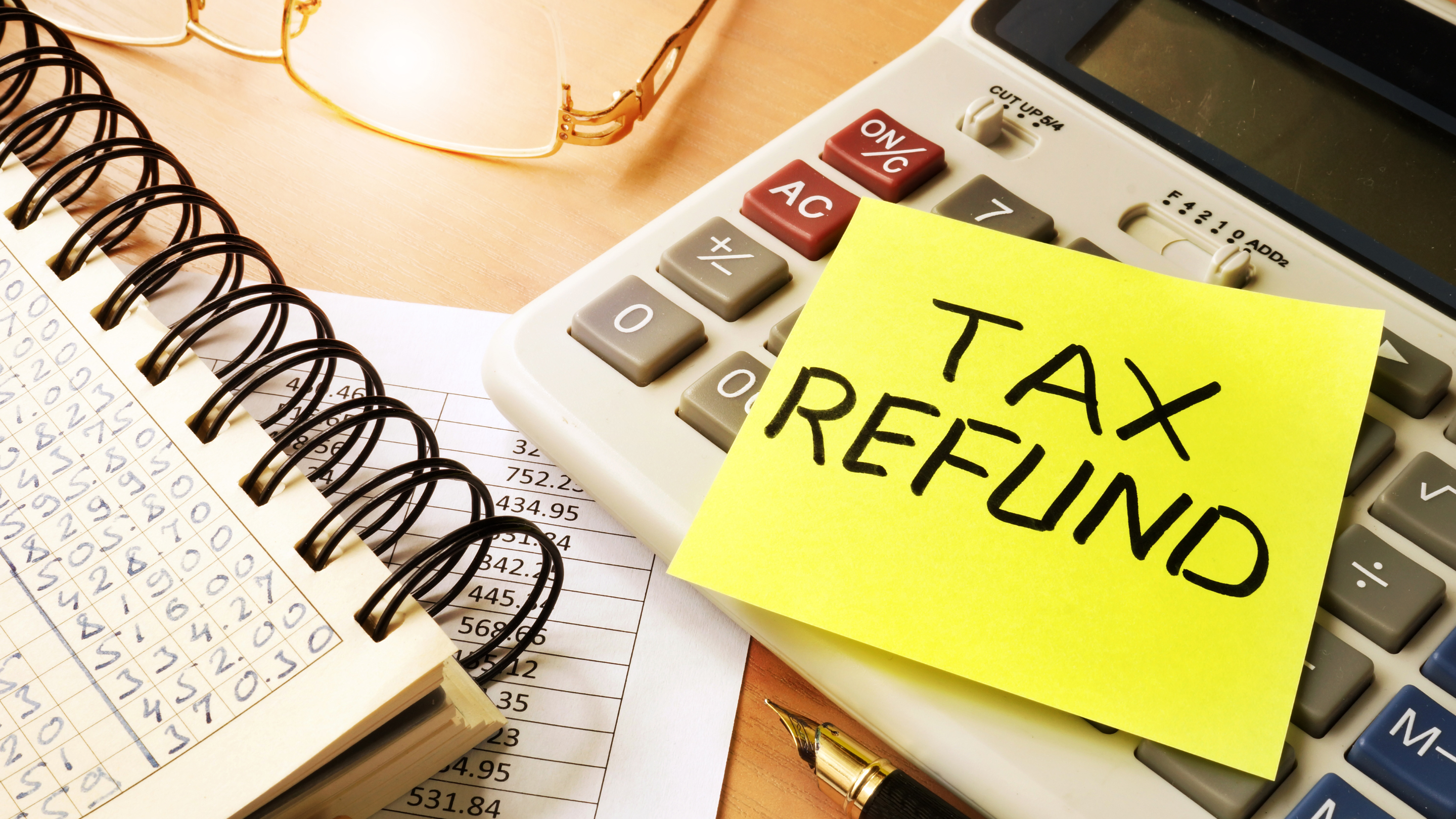Are you a healthcare provider struggling with high tax bills? You’re not alone. Many medical professionals overpay their taxes without realizing it. The progressive taxation system can be particularly burdensome, but with the right strategies, you can significantly reduce your tax liabilities. This guide provides practical solutions specifically designed for healthcare professionals, helping you navigate tax deductions, verify your tax code, and make informed decisions about your earnings. Let’s explore how you can keep more of your hard-earned money by addressing common tax challenges in your profession.

1. Claim All Allowable Expenses
Doctors, from junior levels to consultants and GPs, often miss out on claiming all eligible expenses. These consist of professional expenses, costs associated with the GMC, and Royal College exam fees. By taking advantage of these expenses, you can avoid paying high tax brackets and decrease your taxable income. This detailed tax rebate guide gives you insights into the types of expenses you can claim, potentially saving you thousands of pounds.
2. Verify Your Tax Code
Your tax code identifies how much is deducted from your income. Due to recurrent job changes and rotation within the NHS, it often happens that tax codes are incorrect, resulting in overpayment. Keep in mind to check your tax code for accuracy. In this way, you can make necessary corrections without lengthy calls to HMRC. Moreover, a healthcare accountant can suggest ways to decrease your tax bills.
The standard personal allowance in the years 2024-2025 stands at £12,570, meaning no tax is payable on income up to this amount. The income tax bands for this period are structured as follows:
- Personal Allowance: Up to £12,570 is tax-free.
- Basic Rate: Income from £12,571 to £50,270 is taxed at 20%.
- Higher Rate: Earnings between £50,271 and £125,140 are subject to a 40% tax rate.
- Additional Rate: Any income exceeding £125,140 is taxed at 45%.
3. Review Your National Insurance Contributions
It happens sometimes that a locum doctor holds various jobs within a year, you might pay more National Insurance than necessary. This is often unnoticed, and you can make significant savings if corrected on time. Ensure you review your contributions to avoid unnecessary payments.
Who Pays National Insurance?
Individuals above the age of 16 need to pay National Insurance.
- As an employee, if you earn more than £242 per week from one job.
- If you’re self-employed and your annual profit is more than £12,570.
You can also look up rates and thresholds from previous years.

Benefits and Exemptions
If you do not pay National Insurance, you can still be eligible for some benefits and the State Pension if:
- As an employee, if your earnings are between £123 and £242 per week from one job.
- If you’re self-employed with yearly profits of £6,725 or more.
These contributions are recorded to keep your National Insurance up to date. You can also make voluntary contributions to prevent gaps in your record.
National Insurance Classes
The type of contribution you make depends on your employment status and earnings. Current rates for Class 1, 2, and 4 contributions can be found online.
For Employees
Your employer will deduct Class 1 contributions if you:
- Are below State Pension age.
- Earn more than £242 per week from one job.
Class 1A and 1B contributions are paid by employers on employee expenses or benefits.
If you earn between £123 and £242 per week from one job:
Typically, National Insurance isn’t a requirement, yet you could still be eligible for benefits and the State Pension.
If Your Weekly Earnings from One Job Are Below £123:
You can opt to pay voluntary Class 3 contributions to maintain your National Insurance record.
For the Self-Employed
Your contributions depend on your profits.
If Your Yearly Profits Are £6,725 or More:
Class 2 contributions are credited to protect your National Insurance record, but you don’t have to pay them.
If your annual profits exceed £12,570:
- You must pay Class 4 contributions.
If your annual profits are less than £6,725:
- You’re not required to pay, but you can make voluntary Class 2 contributions to avoid gaps in your record.
If You’re Not Employed
You can choose to make voluntary Class 3 contributions to maintain your National Insurance record.

-
Understand Marginal Tax Rates
For individuals with high incomes, it’s crucial to understand your marginal tax rate. The marginal rate can increase by up to 60%, especially when considering allowances and various thresholds. By knowing how additional income is taxed over time, you can make informed decisions about your earnings and work.
If you’re running a limited company, you can take advantage of tax benefits, such as increased deductions for business expenses and lower National Insurance contributions. However, it’s not appropriate for every professional. It relies on specific situations, including your type of work, income level, and personal financial condition. Analyze the pros and cons to identify if this approach could help you. Consult with a healthcare accountant who can evaluate if this approach aligns with your specific situation.
For medical professionals with children, child-benefit guidelines and tax-free childcare provide substantial savings. Childcare expenses can be useful, but understanding and using available tax reliefs can lower your tax burden.
Medical Professionals can utilize these proven tax-saving tips
As a medical professional in the UK, your tax condition can be complicated, but there are some methods you can implement to reduce your tax liability. Here are some key points to help you save on taxes.
Tip 1: Leverage Tax-Deductible Expenses
Many expenses related to your medical profession are tax-deductible. These can include:
- Travel Expenses: Costs incurred when travelling for work-related purposes, excluding your regular commute.
- Subscriptions: Fees for medical journals and other professional publications.
- Office Rent and Utilities: If you operate your medical practice from a rented office space, the rent payments, as well as utilities like electricity, water, and internet, are typically deductible expenses.
The amount spent on these expenses must be accurately recorded in spreadsheets throughout the year to ensure you claim them on your tax return.
Tip 2: Use All Accessible Allowances
Using tax-free allowances can significantly increase your tax savings. Consider the following:
- Individual Savings Account (ISA): Utilize your annual ISA allowance (£20,000 for the current year) to benefit from tax-free growth on your savings and investments.
- Junior ISA: Contribute up to £9,000 per year for each of your children, providing a tax-efficient way to save for their future.
- Capital Gains Tax (CGT) Allowance: Use your CGT allowance (£6,000 for the current year) to reduce tax liabilities when selling investments or property. Note that this allowance will decrease next year, so plan accordingly.
- Inheritance Tax (IHT) Planning: Make strategic gifts and utilize annual exemptions to minimize future IHT liabilities.
- Personal Savings Allowance: Take advantage of the Personal Savings Allowance, which allows tax-free interest on savings up to £1,000 for basic rate taxpayers and £500 for higher rate taxpayers. You can manage your taxes and increase your overall savings, by leveraging these allowances, especially with the guidance of a medical accountant.
Tip 3: Reduce Tax Liability with Medical Expenses
If you’re paying for medical care out of your own pocket that is not included in insurance, you can deduct those expenses. To maximize this deduction:
- Keep detailed records and receipts of all medical expenses.
- Track expenses such as prescription medications, treatments, and any other healthcare costs.
Consult with a medical accountant to understand the specific terms and ensure you claim all eligible deductions.

Getting a Tax Refund
It’s quite common to end up overpaying taxes especially if you’re not too familiar with tax matters or if your income fluctuates. This often occurs because HMRC assumes the use of your allowance each month resulting in paying more tax than required. If you find yourself in this scenario you can reclaim the excess by completing the HMRC R40 form or reaching out directly to HMRC. The process of obtaining a refund is straightforward. It’s crucial to ensure you’re not overpaying taxes unnecessarily. Additionally, if you’ve paid much you’ll earn some interest on the amount making it worthwhile to address any overpayment promptly.
Conclusion
By being proactive about your tax affairs, you can significantly reduce your tax liabilities. Ensure you claim all allowable expenses, maximize your use of available tax allowances, diligently monitor your costs, and consider if incorporating as a limited company is suitable for your situation. Make sure you’re not losing your earned money by paying taxes more than necessary. Take all those necessary steps to ensure you’re only paying what you truly owe to the government. For any further queries and free tax advice, please feel free to reach out to us via our contact us page.
